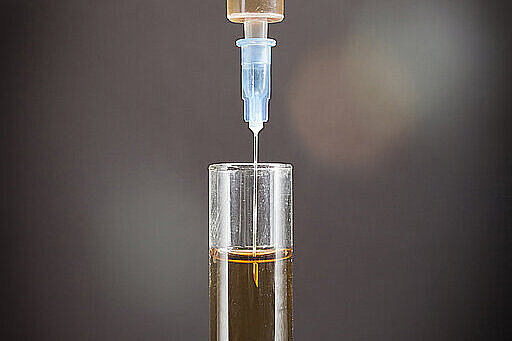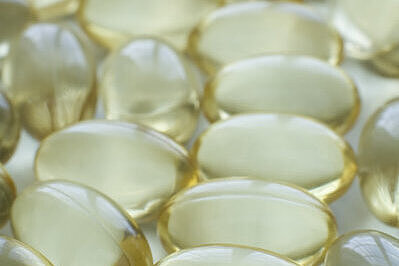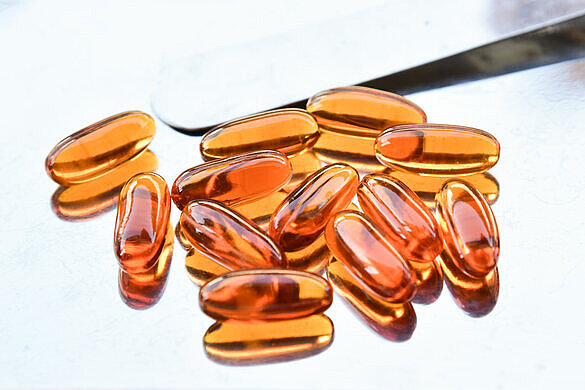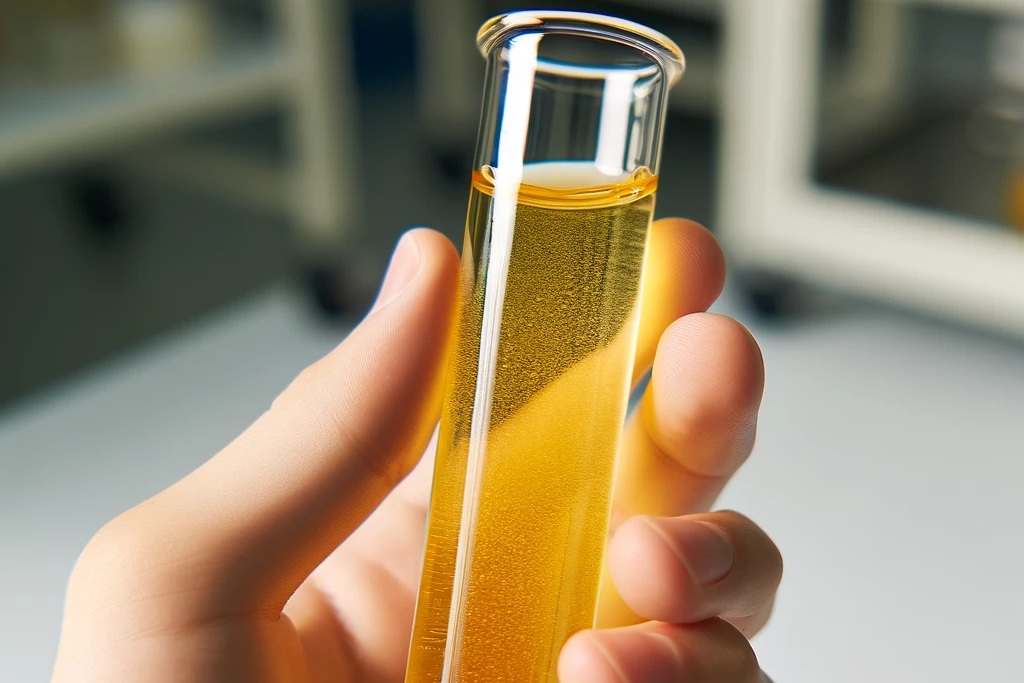Lecithin powder

What is lecithin powder?
Lecithin powder is a fat that occurs naturally in the cells of plants and animals. It is often extracted from soybeans, sunflowers or eggs and is known for its emulsifying properties that allow oil and water to mix. Lecithin contains several important components, including choline, inositol, fatty acids and phospholipids, all of which are essential for the proper functioning of the body.
Benefits of lecithin powder for dogs
Support of the nervous system
Choline, an essential component of lecithin, plays a critical role in brain and nerve function. It can support cognitive function and is especially important for growing puppies as well as older dogs that may be showing signs of memory loss.
Improving skin and coat health
The fatty acids contained in lecithin can help improve your dog's skin and coat health. They help to keep the skin moisturized, reduce dandruff and promote a shiny coat.
Supporting liver function
Lecithin has been shown to support liver function and help prevent fatty liver disease. It promotes the elimination of fats from the liver, which can be particularly beneficial for dogs with obesity or diabetes.
Improved fat digestion and absorption
Thanks to its emulsifying properties, lecithin powder can improve the digestion and absorption of fats in the intestine. This can be particularly helpful for dogs with digestive issues or a lack of ability to properly digest fat.
Disadvantages and considerations of lecithin powder
Potential allergies
Since lecithin is often derived from soybeans, dogs with soy allergies are at risk for allergic reactions. It is important to know the source of the lecithin and switch to a product from another source (e.g. sunflower) if necessary.
Overdosage
Although lecithin offers many health benefits, an overdose can lead to unwanted side effects, such as diarrhea or gastrointestinal discomfort. It is crucial to follow the correct dosage.
Quality and purity
The quality and purity of lecithin powder can vary, especially in products made from soy, which may be genetically modified. It is important to look for high-quality products that are as natural as possible.
A thoughtful supplement with potential
When used and dosed correctly, lecithin powder can be a valuable addition to your dog's diet. It provides support for the nervous system, promotes healthy skin and coat, supports liver function and improves fat digestion. However, it is important to consider potential allergies, ensure the correct dosage and choose high quality products.
If you notice any signs of hypersensitivity or poisoning in your dog, you should see your vet immediately. We are not a substitute for a vet, but we try to be as accurate as possible. Every dog reacts differently and we recommend you get a second opinion or consult your vet if in doubt.
Stay healthy and take good care of your four-legged friend!😊
Similar to Lecithin powder
Monoglycerides have several positive effects for dogs, mainly related to their antimicrobial effect. Monoglycerides can kill or inhibit certain bacteria, viruses and fungi that can be dangerous for...
Glycerine is a colorless, sweet-tasting, viscous liquid obtained from vegetable or animal fats. It is also called glycerine or glycerol and belongs to the alcohols. Glycerine is used in a variety of...
Lecithin is a collective term for various phospholipids that play an important role in the cell membrane. Phospholipids are fat molecules that consist of a water-soluble head and a fat-soluble tail....
Polysorbate 80, also known as Tween 80, is a yellowish, viscous liquid used in industry as an emulsifier. Emulsifiers are chemical additives that help to combine two normally immiscible liquids,...



